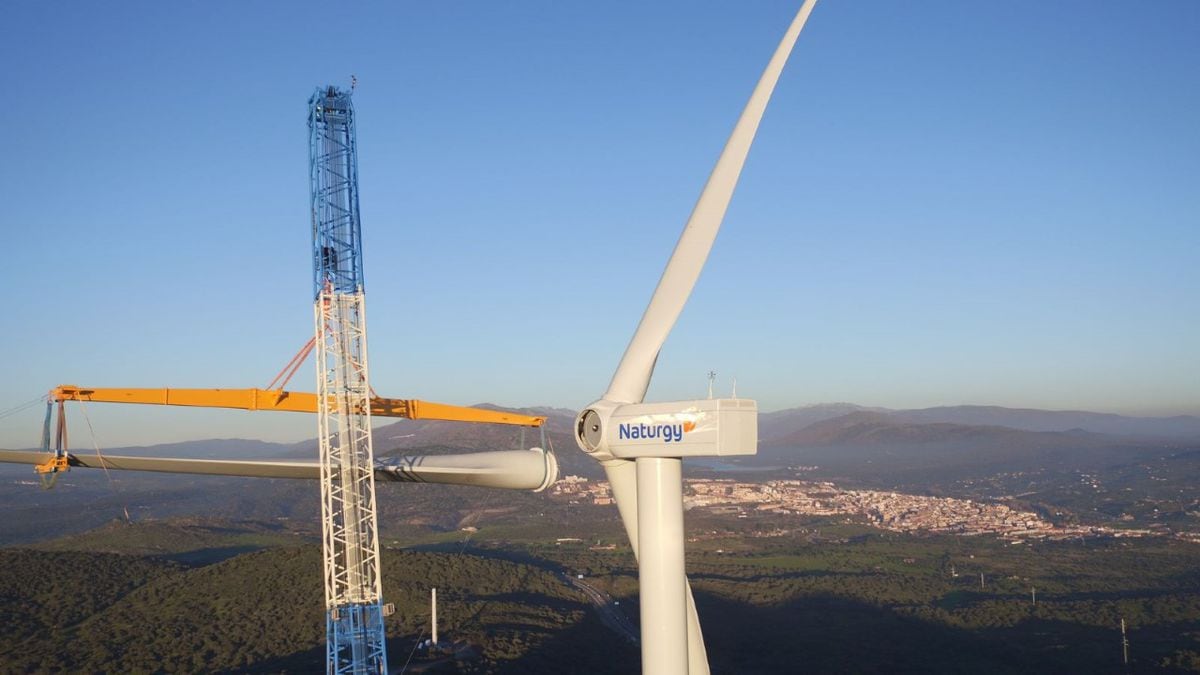In addition to the macroeconomic
shocks
generated by inflation and monetary adjustment, the economy faces a double structural change: the turn in globalization caused by geopolitical tensions, and the revolution of digital and green technologies.
At the moment, the Spanish production model seems immune to both transformations in aggregate terms, based on the surplus of our foreign exchanges —over 1% of GDP in 2022, despite the rise in energy prices.
This milestone is explained, at least in part, by the low labor costs of Spanish companies in relation to their main competitors.
However, this global result should not overshadow an underlying trend, namely the growing deficit of our technological exchanges, revealing a structural weakness that, if not corrected, will jeopardize the surplus of total foreign exchange.
In recent years, imports of the most representative goods of the digital transition —mobile phones and their components, computers and converters with power electronics— have increased at a much higher rate than sales abroad.
The consequence is that the digital imbalance that already existed before the pandemic has worsened, reaching nearly 10,000 million.
More information
The Spanish foreign sector is holding up better than those of Germany, France and Italy due to the boom in services
Similarly, and perhaps more worrisome given our comparative advantage in renewable resources, our trade in green technology—proxied here by international trade in photovoltaic panels, electric cars, and lithium batteries—is characterized by a large and growing deficit.
The gap has increased to close to 7,200 million.
All in all, the total balance of the double digital and ecological transition shows a hole of 17,200 million, almost 7,000 million more than in 2019.
It is true that other sectors offset the deterioration (hence the maintenance of the surplus at the aggregate level).
The international rise of the medicine industry stands out, which chains the surpluses in its exchanges with foreign countries.
This could be one of the sectors most favored by the supply chain relocation process in response to a more polarized world that requires greater security in the supply of essential products.
Non-tourism services also improve their presence abroad, alleviating the quasi-disappearance of tourism during the pandemic, and in this way contributing significantly to the overall result.
Therefore, we have solid factors for adaptation to the new era of globalization.
But in the long run it is not clear that these factors can compensate for the growing technological deficit.
For example, it is evident that an industrial mutation towards the electric vehicle is essential to preserve the contribution of the automotive sector to the country's economy.
Another case is that of solar panels, whose production in our territory would help value renewable resources.
In any case, the imbalance in technological trade is revealing of some vulnerabilities in our ability to adapt to digital and ecological transformations.
Because in this great mutation labor costs lose weight as a factor of competitiveness.
And the "intangibles" such as the capacity for innovation, the attraction of talent, the quality of human capital and the modernization of the work organization, as well as the predictability of the environment in which companies operate, stimulate their investments.
The US has understood this, deploying an arsenal of openly protectionist incentives.
Europe must find its own path within a vision inspired by multilateralism, but in keeping with current geopolitical times and the need not to be left behind in the technological transition.
Our economy has natural assets, especially as far as energy is concerned, and the European resources of the Next Generation.
The technological deficit shows the way that remains to be traveled to promote them.
external balance
Customs data up to February point to a reduction in the deficit in foreign trade in goods, up to 10,800 million euros (compared to 6,400 a year earlier).
This improvement is due to the lowering of the energy import bill and the improvement in the balance of trade in chemical products, medicines and semi-manufactures such as iron and steel.
Conversely, the surplus in foreign trade in automobiles has narrowed, while in the case of office machinery and telecommunications, the deficit has worsened.
Raymond Torres
is the situation director of Funcas.
On Twitter: @RaymondTorres_
Follow all the information on
Economy
and
Business
on
and
, or in our
weekly newsletter
Subscribe to continue reading
Read without limits
Keep reading
I'm already a subscriber

